Havana Rabbit
Havana Rabbit. Get the history, description, standards,
photos of the Havana breed. Is this breed of rabbit right for you?
When you think Havanas, think cigars, not Cuba. The rich dark brown coloration of the original Havanas was reminiscent of Havana cigars to the early breeders, hence the name was applied to the newly developed breed.
History of the Havana Rabbit
The Havana Rabbit had its beginnings in a small Dutch village near Utrecht, Holland (not Cuba), in 1898, by total accident.
A rabbit farmer named Mr. Honders tossed a newly acquired common farm rabbit into the stable with his other communal rabbits. The black and white doe was bred by who knows which of the bucks in the farmer’s warren, and soon gave birth to a litter of brown and white rabbits with modified Dutch markings.
Because of their unusual chocolate color, the farmer retained these offspring for further breeding. Being chocolate, their eyes had the typical ruby glow in them when viewed in bright light. It was anything but usual to Mr. Honders. He named these new rabbits “Fire-Eyes of Ingen” (Ingensche Vuuroog). The rabbits were a dark reddish brown, and weighed around 7.5 pounds.
Breeding and showing immediately commenced.
In
the first decade of 1900, the new chocolate rabbits quickly made their way
through Europe via Switzerland and Germany. They varied wildly in type, size,
and quality. Little by little, Havanas began to look like
Havanas, as breeders used outcrosses to correct faults and enhance fur quality.
They
showed up in the UK in 1909. England’s National Havana Club formed in 1920.
Havanas in the USA
The
breed also made its way to the USA in 1916. The Havana Club in the US was formed in 1920. At the time, the rabbit was still
7+ pounds, and reportedly difficult to breed.
Over the next 30 years, Havanas took two shapes - large and small. The heavyweight variety never caught on, but the medium-sized Havana we know today was well-received.
Satin Havana Mutation
In 1934, the Satin mutation occurred in Indiana. For a short time, they were recognized as a variety of Havanas, however they were unfair competition since the satin shine was so striking.
By 1946, breeders of
satinized rabbits organized a national club for a dedicated Satin Rabbit breed.
See Satin Rabbits.
Description and Standards
In the USA, Havanas weigh 4.5 - 6.5 pounds. They have a compact body type, and are useful for show and pets. And additionally, their fur has a special glossiness, which makes it great should you also wish to utilize their pelts.
One is not limited to Chocolate. Four additional varieties have been accepted in the US: Blue, Black, Brokens, and the newest, Lilac, which was recognized in 2016.
In
the UK, Havanas are dark chocolate “with
a purplish sheen.” The glossy normal fur is approximately 1 inch in length.
Havanas should weigh 2.722 kg (6 pounds) with a half-pound latitude permitted
either way.
Feed Supplement for all Rabbit Breeds
Bunny Branola
Helps reduce stress levels
Improves appetite
May reduce incidence of intestinal block
Improves health
Adds sheen to coat
Veterinarian-approved
Interested in Other Rabbit Breeds?
-- Are you trying to decide which breed is best for you?
-- Do you see a bunny available, but haven't heard of that kind before?
-- Are you curious about the different types of rabbits?
We have an e-book for that! It's titled Domestic Rabbit Breeds. Find it, and our other e-books, at World of Raising Rabbits.
Click Here to Purchase Domestic Rabbit Breeds!
Double-Value Guarantee
Our policy is to always OVER-deliver
on value,
which is why your purchase is fully covered by our
Double-Value
Guarantee.
Go ahead - take any of our e-books for a test drive. Peruse our detailed informational and educational e-books. Examine our plans for building rabbit cages, runs, or metal or PVC hutch frames. Check out the Rabbit Husbandry info e-books.
If you aren't completely satisfied that your e-book purchase is worth at least double, triple or even quadruple the price you paid, just drop us a note within 45 days, and we'll refund you the entire cost. That's our Double-Value Guarantee.
Note: When you purchase your
e-books, they will be in PDF format, so you can download them to any device that
supports PDF format. We advise making a back-up copy to a drive or cloud
account. If the books are lost, you can also purchase another copy from Raising-Rabbits.
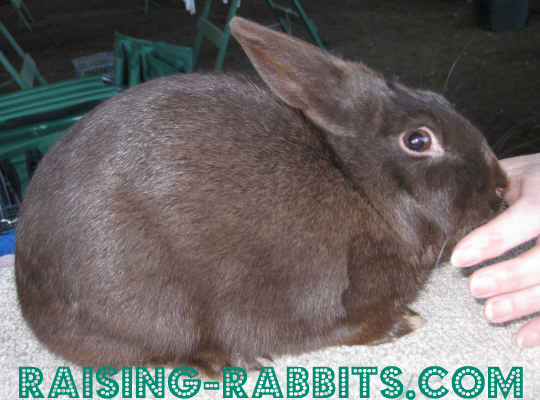

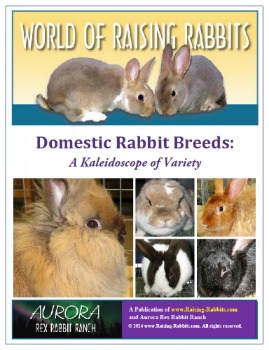

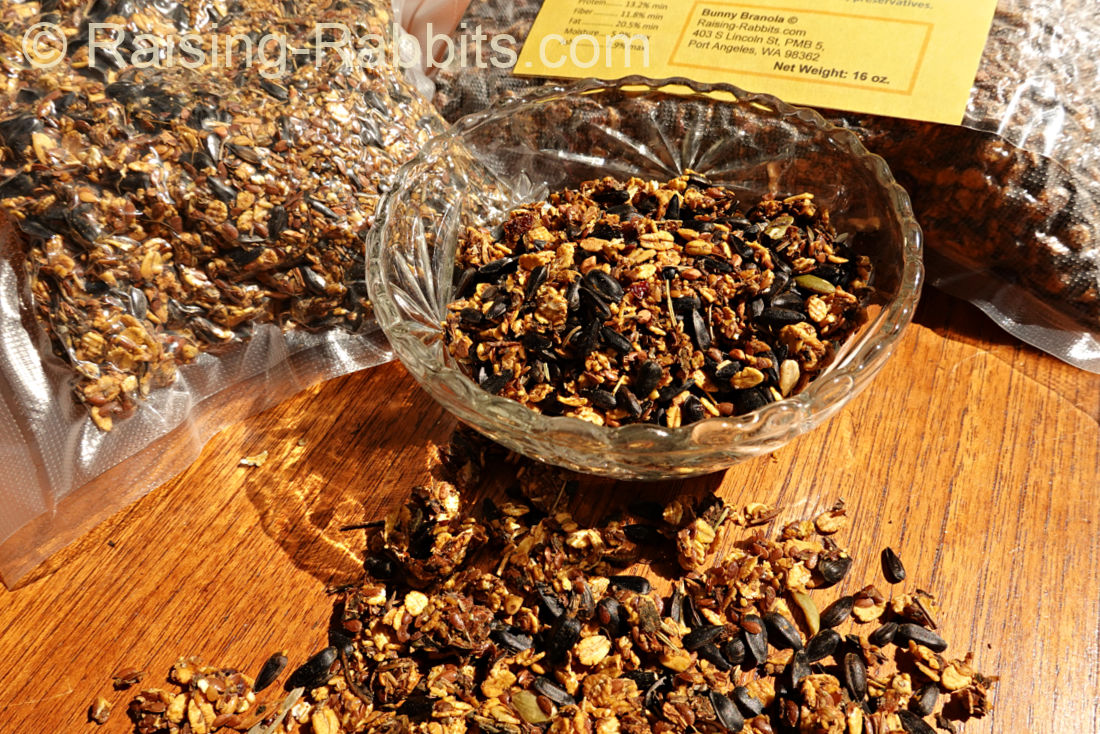
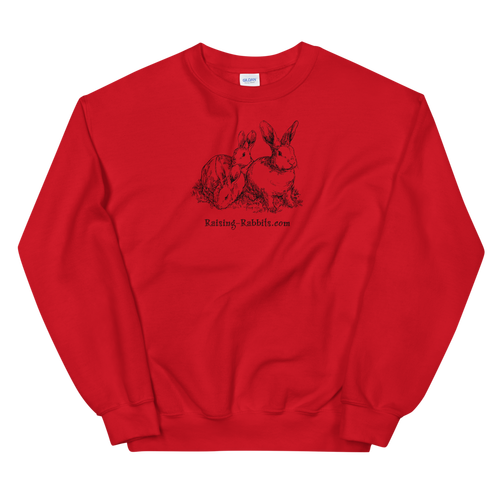
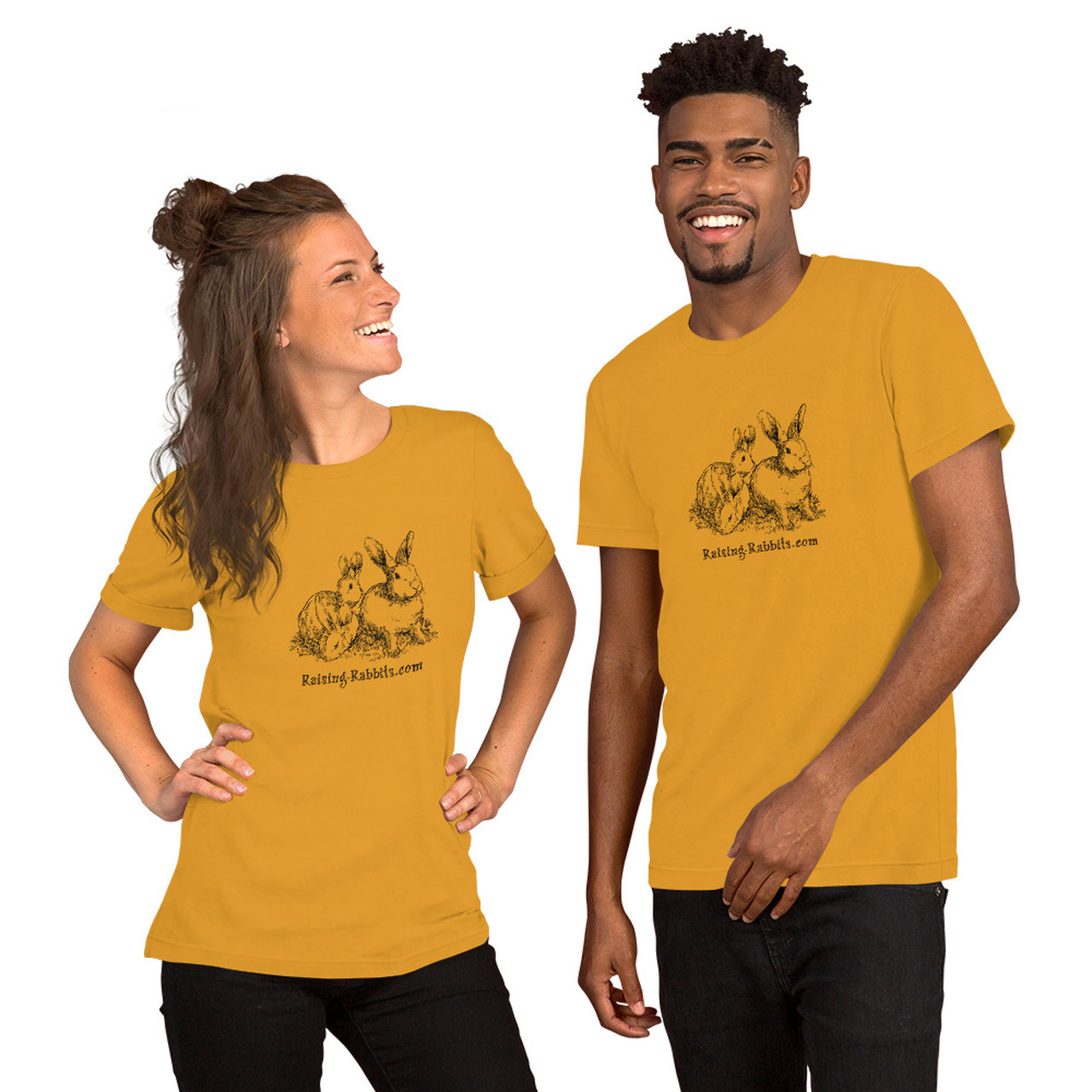
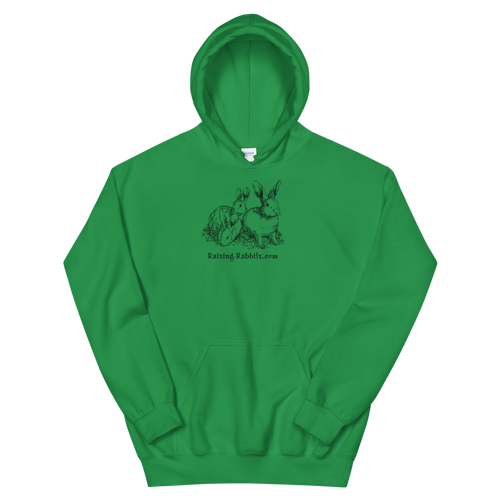



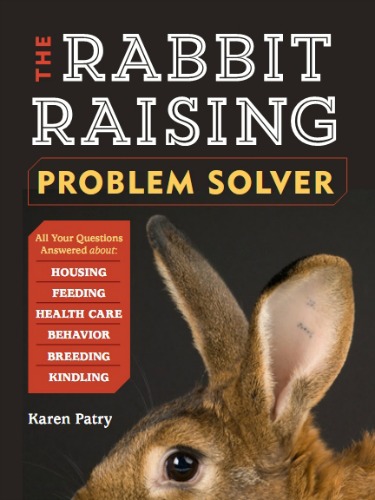

New! Comments
Have your say about what you just read! Leave me a comment in the box below.